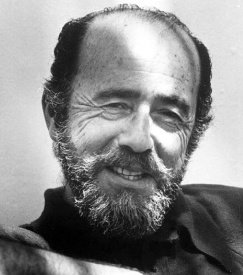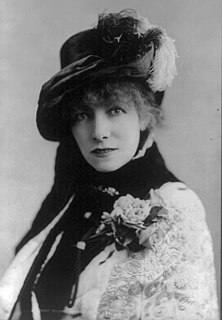A Quote by Darin Strauss
In the worst memoirs, you can feel the author justifying himself - forgiving himself - in every paragraph. In the best memoirs, the author is tougher on him- or herself than his or her readers will ever be.
Related Quotes
Lately I've been thinking about the idea that all novels are, at least in some way, about the process of writing a novel - that the construction of the book and the lineage of people constructing novels are always part of the story the author is telling. I think the equivalent for memoir should be that all memoirs are, in some way, about the process of memory. Memoirs are made out of a confusing, flawed act of creation.
No man could bring himself to reveal his true character, and, above all, his true limitations as a citizen and a Christian, his true meannesses, his true imbecilities, to his friends, or even to his wife. Honest autobiography is therefore a contradiction in terms: the moment a man considers himself, even in petto, he tries to gild and fresco himself. Thus a man's wife, however realistic her view of him, always flatters him in the end, for the worst she sees in him is appreciably better, by the time she sees it, than what is actually there.
God hath given to mankind a common library, His creatures; to every man a proper book, himself being an abridgment of all others. If thou read with understanding, it will make thee a great master of philosophy, and a true servant of the divine Author: if thou but barely read, it will make thee thine own wise man and the Author's fool.
Every wife who slaves to keep herself pretty, to cook her husband's favourite meals, to build up his pride and confidence in himself at the expense of his sense of reality, to be his closest and effectively his only friend, to encourage him to rejectthe consensus of opinionand find reassurance only in her arms is binding her mate to her with hoops of steel that will strangle them both.
I love memoirs, particularly obscure ones because the writer is usually a regular guy just telling what happened to him and to his friends. What these tales lack in artfulness they make up for in passion and authenticity. For a writer of fiction, they are solid gold. I have stolen so much from memoirs it's ridiculous.
A Christian should put away all defense and make no attempt to excuse himself either in his own eyes or before the Lord. Whoever defends himself will have himself for his defense, and he will have no other. But let him come defenseless before the Lord and he will have for his defender no less than God Himself.
Reading a book should be a conversation between you and the author. Presumably he knows more about the subject than you do; if not, you probably should not be bothering with his book. But understanding is a two-way operation; the learner has to question himself and question the teacher, once he understands what the teacher is saying. Marking a book is literally an expression of your differences or your agreements with the author. It is the highest respect you can pay him.
When I read a novel that I really like, I feel as if I am in direct, personal communication with the author. I feel as if the author and I are on the same wavelength mentally, that we have a lot in common with each other, and that we could have an interesting conversation, or even a friendship, if the circumstances permitted it. When the novel comes to an end, I feel a certain letdown, a loss of contact. It is natural to want to recapture that feeling by reading other works by the same author, or by corresponding with him/her directly.




































